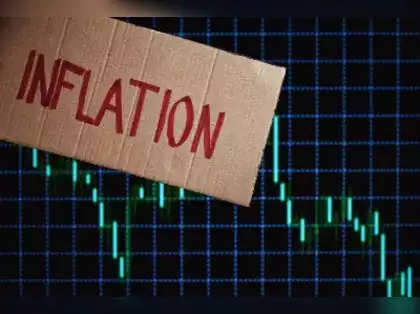Covid-era stimulus had minimal impact on inflation in India
RBI study reveals minimal impact of post pandemic fiscal stimulus on Indian inflation compared to major economies. Empirical analysis shows positive relationship between fiscal expansion and inflation, urging fiscal consolidation in India by 2025-26.
The post-pandemic has had a minimal impact on in compared to many other major economies, a cross-country study by the economists indicated.The volatility in inflation in terms of Standard Deviation in the post period was less than one in India compared to more than two in UK, USA, Eurozone and almost four in Russia.
The RBI study investigates the impact of pandemic-induced fiscal expansions on inflation in select advanced economies and emerging market economies controlling for supply-side factors. The empirical analysis suggests that countries with larger fiscal stimulus, on average, experienced higher post pandemic inflation.
The empirical analysis suggests a statistically significant and positive relationship between fiscal expansion and inflation for countries with higher than median fiscal gap during the post-COVID period according to Nishant Singh and Binod B Bhoi from the Department of Economic and Policy Research. The views are not necessarily that of the central bank. (DEPR). s study covers a sample of 13 advanced economies and emerging market economies including India.
The government and the Reserve Bank of India introduced a judicious mix of fiscal and and announced a special economic and comprehensive package equivalent to 10 per cent of India’s GDP to mitigate the negative impact of the pandemic. The US government provided a fiscal of over 20 percent of GDP .
Across economies, the extent of direct fiscal stimulus and liquidity support varied with the size of total combined stimulus being higher in advanced economies than that of emerging market economies.While the UK and Japan provided stimulus amounting to over 15 percent of their respective GDP.
But given the uncertainties associated with the evolution of the pandemic, the need for fiscal consolidation in India was recognized early even as fiscal policy continued to address pandemic time distress. The Union Budget for 2021-22 announced in February 2021 provided for a gradual fiscal consolidation path to lower fiscal deficit to 4.5 per cent of GDP by 2025-26.
Source: Stocks-Markets-Economic Times
